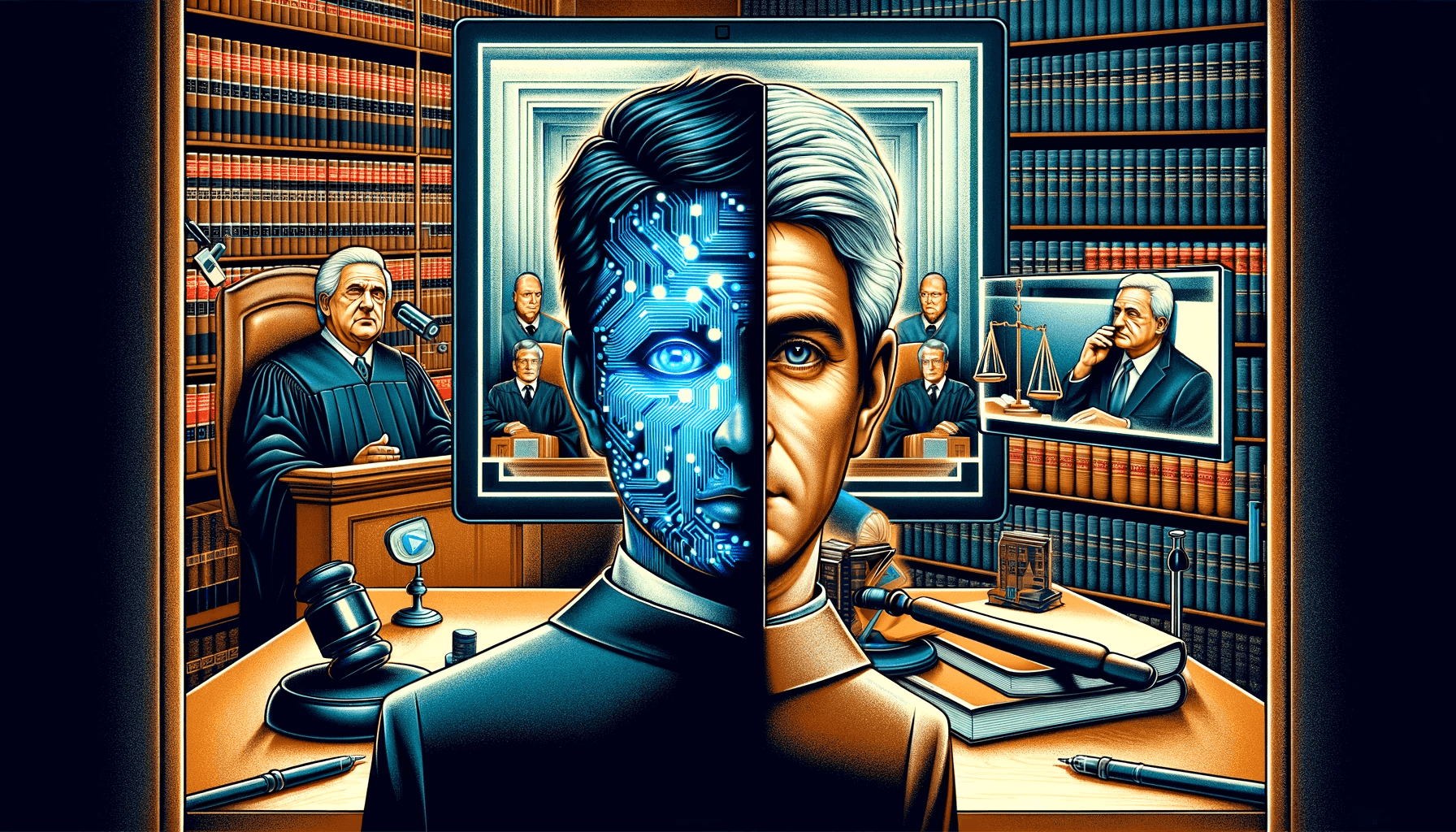Hello there! I’m John M. Kaman from Kaman Law Firm, and today, we’re delving into a fascinating yet complex topic that’s been buzzing in legal circles: Are deepfakes illegal? This cutting-edge issue blends technology, law, and ethics, creating a landscape that’s as intriguing as it is challenging to navigate.
What Are Deepfakes?
First, let’s unpack what deepfakes are. Deepfakes are hyper-realistic digital manipulations of audio and video content, often created using artificial intelligence (AI) and machine learning. They can make people appear to say or do things they never actually did. The realism of deepfakes has improved dramatically, raising significant concerns in various spheres, including law, politics, and personal privacy.
The Legal Status of Deepfakes
Now, to the million-dollar question: Are deepfakes illegal? The answer isn’t straightforward. As of now, there’s no comprehensive federal law in the United States explicitly making deepfakes illegal. However, this doesn’t mean deepfakes are entirely in the clear legally. Several existing laws could apply to deepfake creators, especially if their creations are used for malicious purposes.
Potential Legal Issues with Deepfakes
- Defamation and Slander: If a deepfake falsely portrays someone in a negative light, it could lead to defamation or slander lawsuits.
- Intellectual Property Rights: Deepfakes that use someone’s likeness without permission might infringe on intellectual property rights.
- Privacy Concerns: Creating or sharing deepfakes can invade privacy, especially if they depict private individuals.
- Criminal Activity: Deepfakes used for fraud, harassment, or creating fake evidence can result in criminal charges.
State Laws and Deepfakes
Some states have started to take action. For instance, California has laws targeting deepfakes that aim to disrupt elections or are used for revenge porn. These laws show a growing recognition of the potential harms of deepfakes and a move towards legal regulation.
The Ethical and Moral Quandary
Beyond the legal implications, deepfakes pose ethical and moral questions. They challenge our notions of truth and reality in the digital age. The potential for misuse is enormous, from spreading misinformation to damaging reputations.
Navigating the Future
As technology evolves, so must our legal frameworks. The conversation around the legality of deepfakes is ongoing. It’s crucial for legislators, legal experts, and technologists to collaborate in shaping laws that balance innovation with ethical considerations and personal rights.
Conclusion: A Call for Awareness and Action
While deepfakes aren’t wholly illegal, their potential for harm means we can’t ignore them. Awareness and legal preparedness are key. As a lawyer at Kaman Law Firm, I advocate for staying informed and proactive in understanding the evolving landscape of deepfake technology and its legal implications.
For more insights into legal and digital trends, feel free to reach out to us at Kaman Law Firm. Remember, in our rapidly changing digital world, staying legally informed is more critical than ever.









Leave a Reply